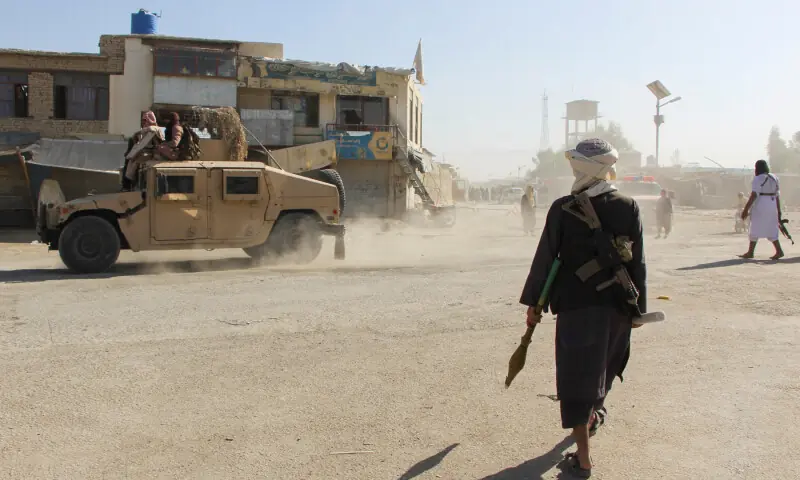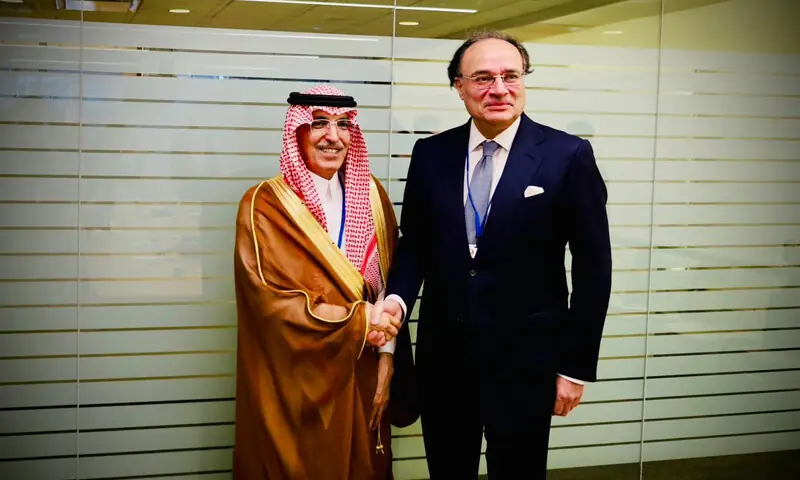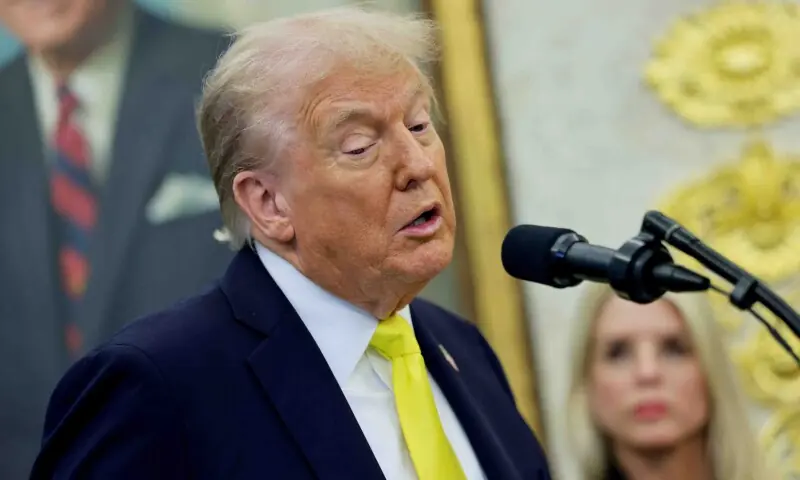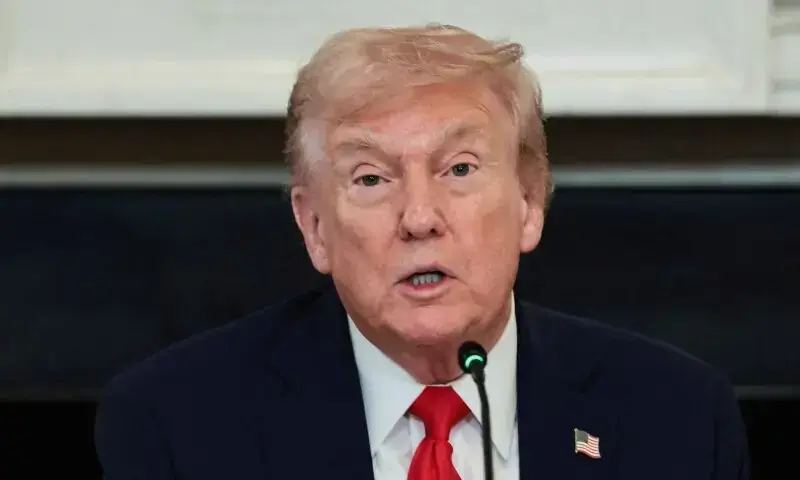Pakistan and Afghanistan have often engaged in minor border skirmishes, particularly since the withdrawal of US forces and the Taliban takeover in 2021. However, tensions have recently risen to an unprecedented level, with clashes in recent days prompting the intervention of mediators.
The latest flare-up coincided with a historic visit by Taliban Foreign Minister Amir Khan Muttaqi to India, sparking alarm in Islamabad after he referred to Kashmir as part of India and said terrorism was Pakistan’s “internal problem” that the country should solve itself.
Escalation
The recent clashes began on Saturday night, when 23 Pakistani soldiers were martyred and 200 Taliban and affiliated terrorists were killed on the border following an attack from the Afghan side around 9pm, according to the military’s media wing, Inter-Services Public Relations (ISPR).
The ISPR said the skirmishes between the two sides began “on the night of October 11-12, 2025, [after] Afghan Taliban and Indian-sponsored countries Fitna-al-Khawarij launched an unprovoked attack against Pakistan, along the Pakistan-Afghanistan border.”
Fitna-al-Khawarij is a term that the State uses to refer to terrorists belonging to the banned Tehreek-i-Taliban Pakistan (TTP), while Fitna-al-Hindustan is a state-designated term for terrorist organizations in Balochistan.
Afghanistan claimed it carried out the attack as a “retaliation” measure, accusing Islamabad of carrying out airstrikes on its territory earlier this week. For its part, Islamabad did not confirm whether it was behind the airstrikes, but maintained that Kabul must “stop hosting the Tehreek-i-Taliban Pakistan on its soil.”
At midnight, both sides attacked each other, as Afghan forces attacked several Pakistani posts and the Pakistan Air Force (PAF) and artillery attacked Afghan posts, targeting hostile positions in the Afghan provinces of Helmand, Kandahar, Khost, Paktia and Paktika.
Pakistan warns of ‘unwavering and appropriate response’
On Sunday, the Foreign Office (FO) warned that further acts of aggression by Afghanistan would receive an “unwavering and appropriate response”. He expressed concern about the “unjustified aggression of the Afghan Taliban, Fitna al Khawarij and Fitna al Hindustan”, which he said would destabilize neighborly relations between the two nations.
On the same day, Afghan Taliban spokesman Zabihullah Mujahid stated that Pakistani attacks in Kabul “will have consequences” and that the country had “weapons to respond.”
“Deadlock” situation
Defense Minister Khawaja Asif on Monday described the situation as a “stalemate” and noted that “there were no links, direct or indirect” between Islamabad and Kabul as a result of the unprovoked attack.
“You can say there are no active hostilities, but the environment is hostile,” he said in Geographic news program ‘Aaj Shahzeb Khanzada ke Saath’ while reporting a lull in the attacks.
He also stressed that Pakistan had the “right to react” to an attack and warned that fighting could resume at any time.
Attacks resume
As Asif predicted, the exchange of blows resumed last night between Pakistani forces and the Afghan Taliban in Khyber Pakhtunkhwa’s Kurram district, according to state media reports.
administered by the state pay televisionCiting security sources, he once again described the attack from the Afghan side as unprovoked and added that the Pakistani army “responded with full force and intensity.”
Today, the ISPR said security forces repulsed another attack by the Afghan Taliban along the Balochistan border, killing between 15 and 20 Afghan Taliban.
He said the Afghan Taliban “resorted to cowardly attacks[s] in four places [the] “In the Spin Boldak area” in the early hours of Wednesday. “The attack was effectively repulsed by Pakistani forces,” the statement said.
He added that when Pakistani troops repelled the attack, between 15 and 20 Afghan Taliban were killed and several more were wounded.
Calls for moderation
China, which shares a border with the two countries, sought to play a mediating role to calm hostilities. Beijing’s Foreign Ministry said on Monday that it had asked the two countries to protect their citizens and their investments in the region, according to AFP.
US President Donald Trump, while heading to Israel to oversee the hostage exchange between Israel and Gaza’s Hamas, also expressed interest in resolving the conflict, saying: “I’m good at making peace.”
Also, Jamiat Ulema-i-Islam (JUI-F) chief Maulana Fazlur Rehman yesterday offered to mediate between Pakistan and Afghanistan in an effort to ease tensions, citing his past experience in establishing peace between the two sides.
As the only Pakistani political leader to have met Taliban supreme leader Shaikh Hibatullah, the chief said: “I have been in touch with the Afghan leadership and they want to resolve the problems through understanding.”
He added that both sides should refrain from blaming each other for the hostilities.
Previous link improvement
Islamabad and Kabul had witnessed an improvement in bilateral relations this year, following measures such as the revival of the Joint Coordination Committee and the upgrading of diplomatic ranks.
However, Pakistan has long pressured the Taliban rulers to take action against the TTP and other Pakistani militant groups in light of increasing attacks across Pakistan.
Last week, during the Moscow Format Consultations held in the Russian capital, Pakistan’s Special Representative to Afghanistan Mohammad Sadiq sought cooperation from countries in the region to “effectively counter terrorism and dismantle all terrorist groups operating from Afghan soil.”
The Taliban government insists it does not allow anyone to use Afghan soil against Pakistan.
Muttaqi’s trip to India
The Moscow meeting was also attended by Muttaqi, who left for New Delhi the next day for the first visit to India by a Taliban leader since they came to power. Although New Delhi does not formally recognize the Taliban government, it has taken steps to thaw relations.
While in India, Muttaqi issued controversial comments about terrorism in Pakistan in reference to Pahalgam, the site of a deadly attack in Indian-occupied Kashmir in which 26 tourists were killed. India, without evidence, blamed Pakistan for the attack, while Islamabad denied the allegations. The incident sparked a four-day military escalation between Pakistan and India before being stopped by US intervention.
Muttaqi’s statement referred to Pahalgam as part of India, prompting a strong reaction from Pakistan’s FO.
Responding to the India-Afghanistan joint statement, the FO expressed “strong reservations” about the comments and described the reference to Jammu and Kashmir as part of India as “a clear violation of the relevant UN Security Council resolutions” and “highly insensitive”.
Banner image: Afghan Taliban fighters patrol near the Afghanistan-Pakistan border in Spin Boldak, Kandahar province, following exchanges of fire between Pakistani and Afghan forces in Afghanistan on October 15, 2025. – Reuters







